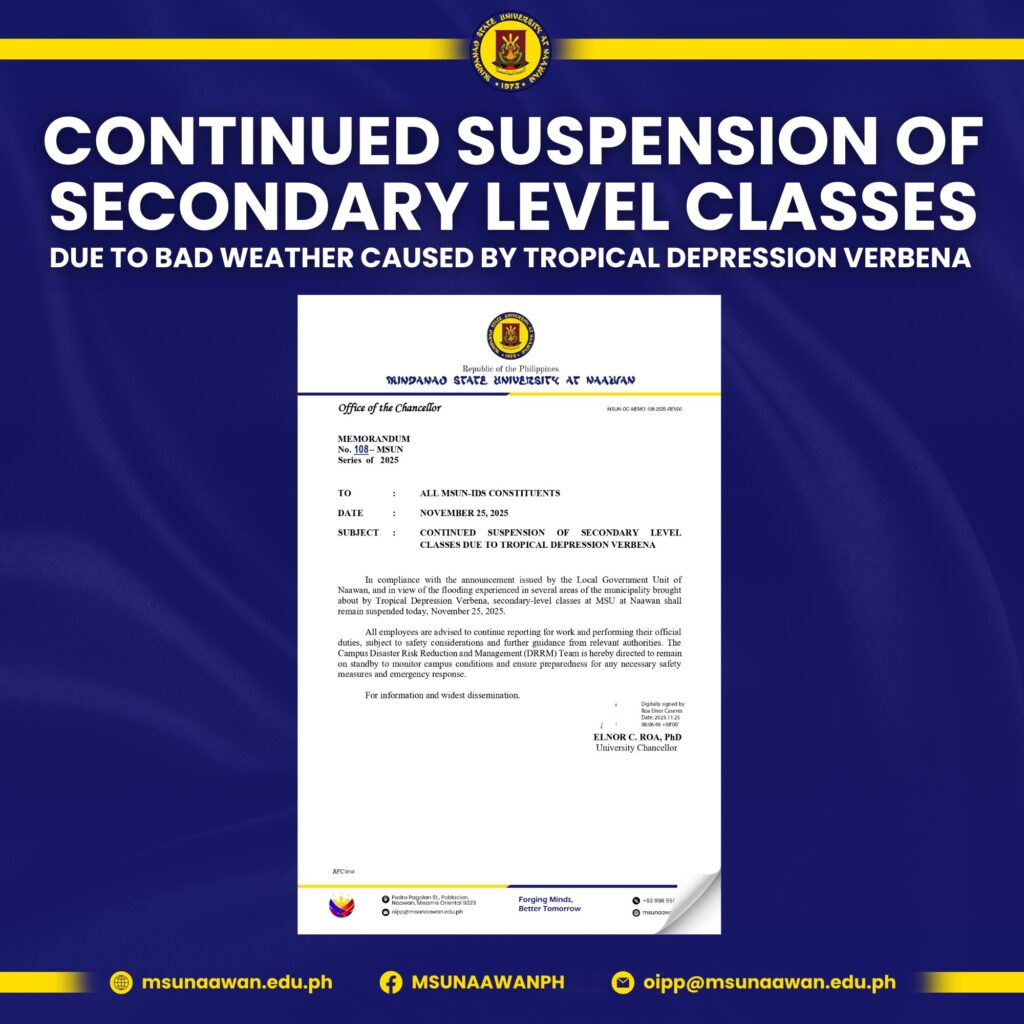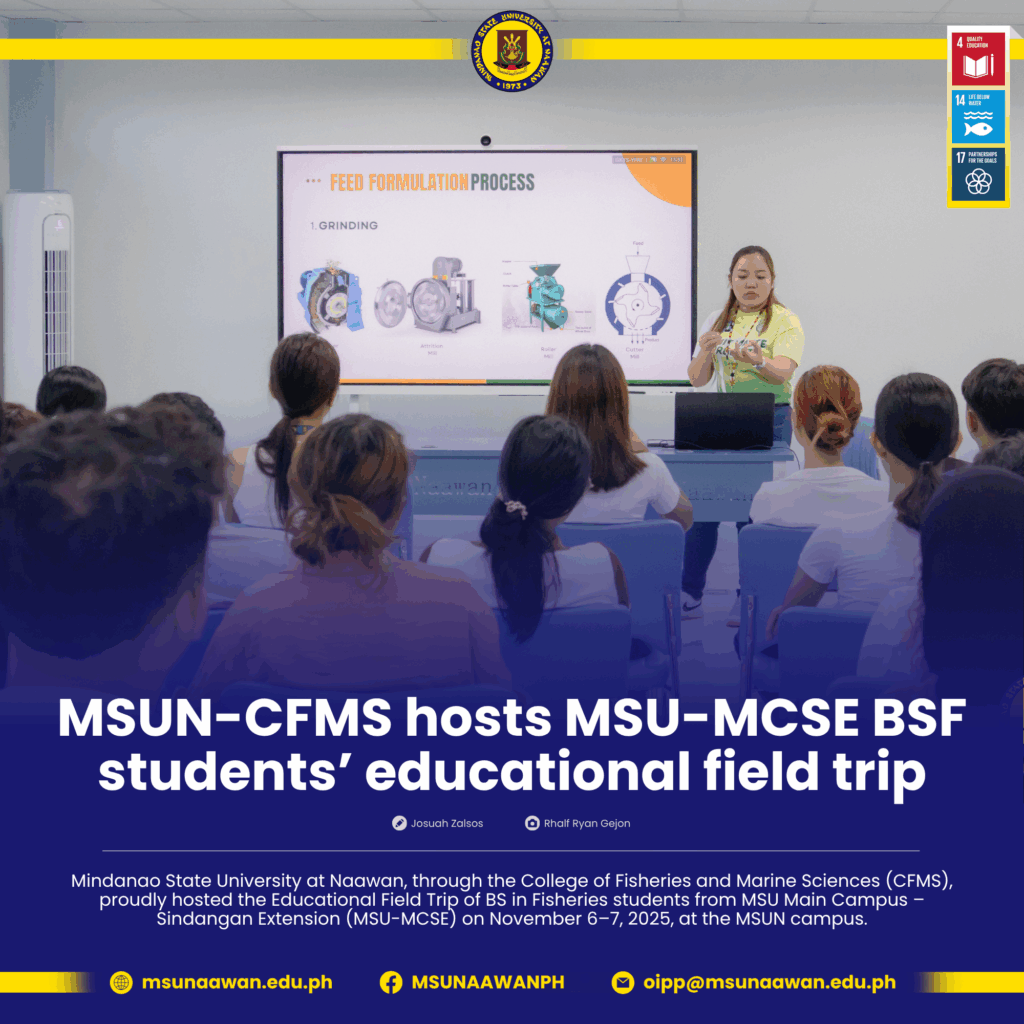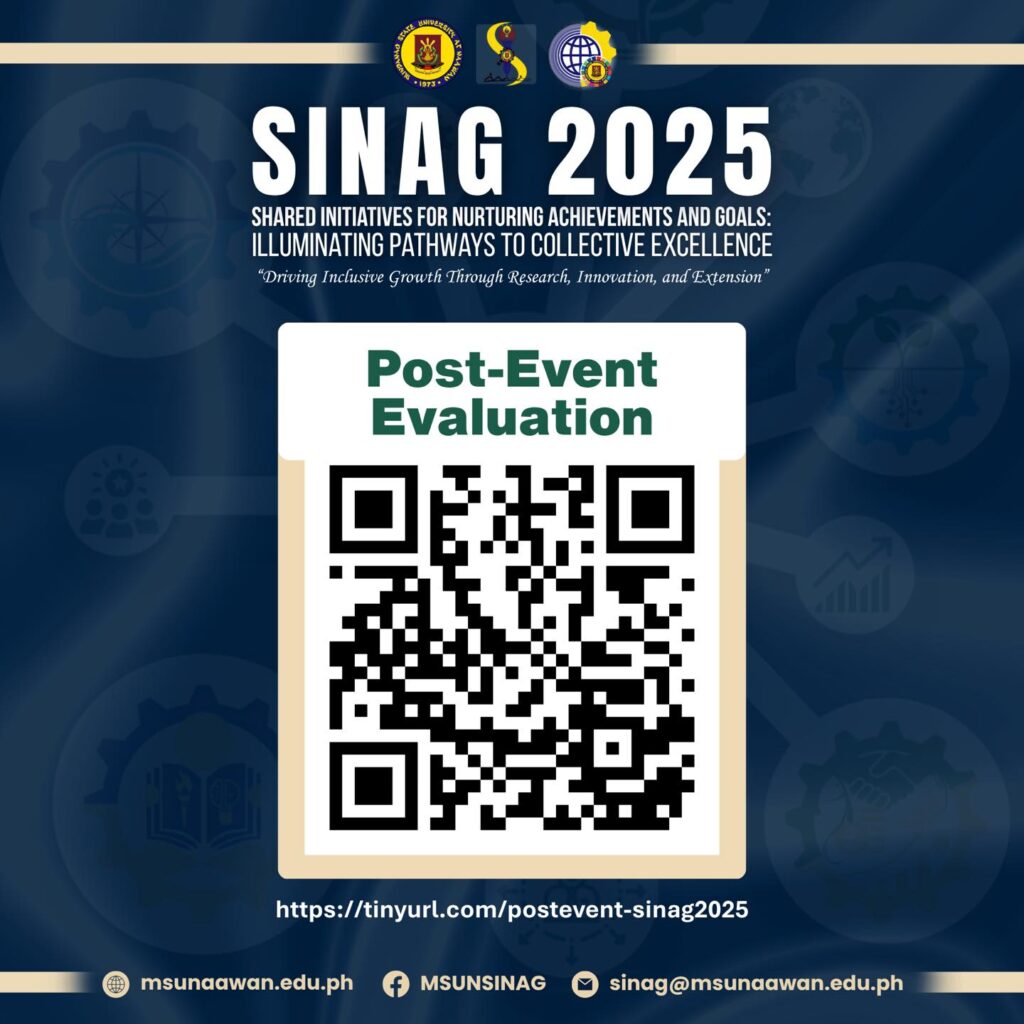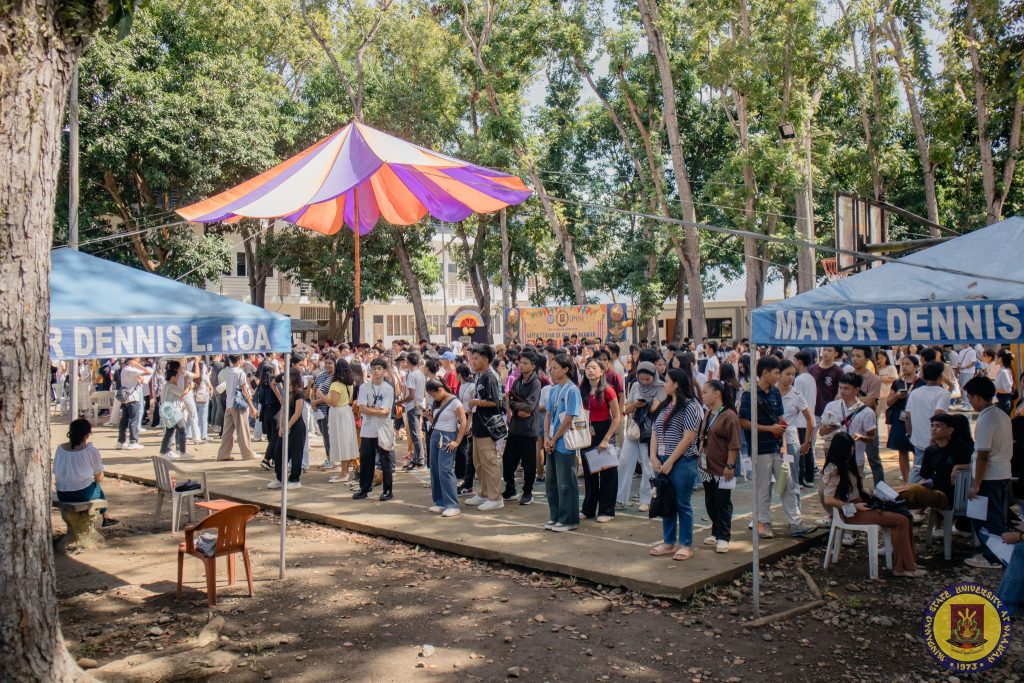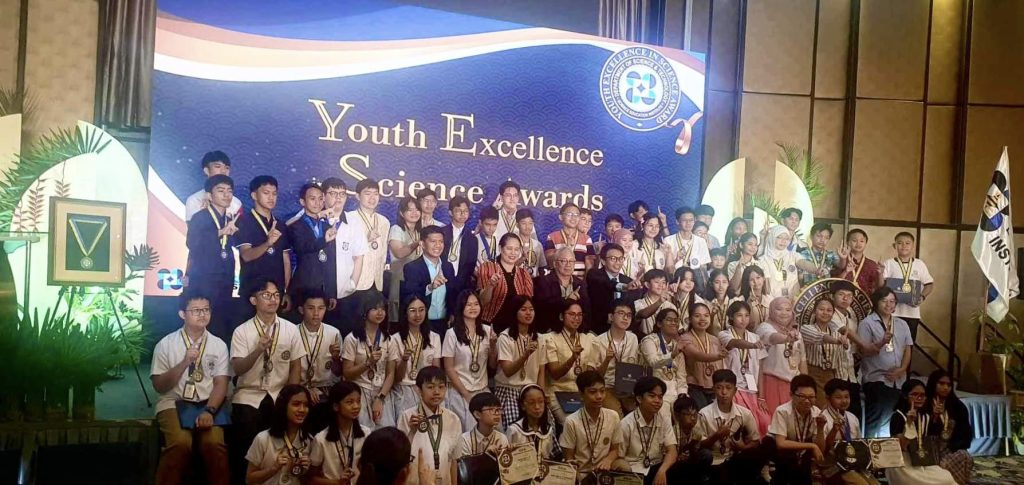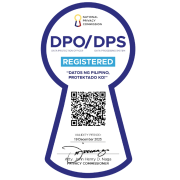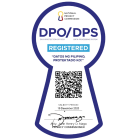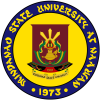Mindanao State University at Naawan, through the College of Fisheries and Marine Sciences (CFMS), proudly hosted the Educational Field Trip of BS in Fisheries students from MSU Main Campus – Sindangan Extension (MSU-MCSE) on November 6–7, 2025, at the MSUN campus. The two-day academic engagement at the CFMS laboratories and training facilities provided the visiting students with valuable learning experiences in the areas of aquaculture, fish genetics, health management, and nutrition. Specialized lectures and hands-on sessions were conducted by MSUN’s faculty experts, namely: • Ms. Liberty E. Taneo – Fish Genetics and Breeding • Assoc. Prof. Victor R. Navarro – Aquaculture (Shrimp & Tilapia) • Ms. Honielyn Taka – Fish Health Management • Ms. Kezia Esther T. Abal – Fish Nutrition The activity was efficiently coordinated under the supervision of Mr. Josuah D. Zalsos, with Mr. Harvey D. Lobo serving as the event emcee. The program also received dedicated support from Ms. Gailey Hontiveros, Dr. Dan M. Arriesgado, and Ms. Raisah Marie H. Bacasnot, whose assistance throughout the two-day event contributed significantly to the smooth conduct of the program. Moreover, the educational visit fostered academic exchange and collaboration between the two MSU campuses, giving students the opportunity to experience applied learning in a professional research environment. With that, the university extends its appreciation to all lecturers, coordinators, and participating students for their engagement and enthusiasm during the activity. This collaborative endeavor underscores MSUN’s enduring commitment to providing quality, experience-based education and to strengthening academic linkages across the MSU System, especially in the advancement of fisheries science and sustainable marine development.

